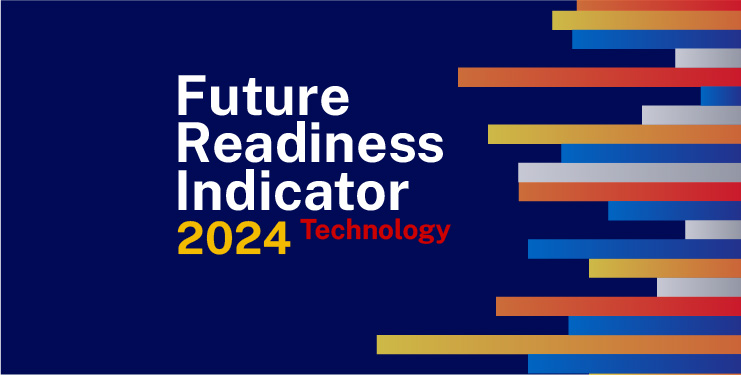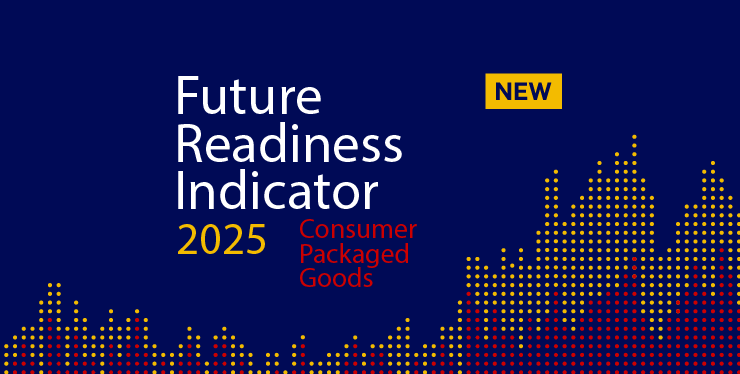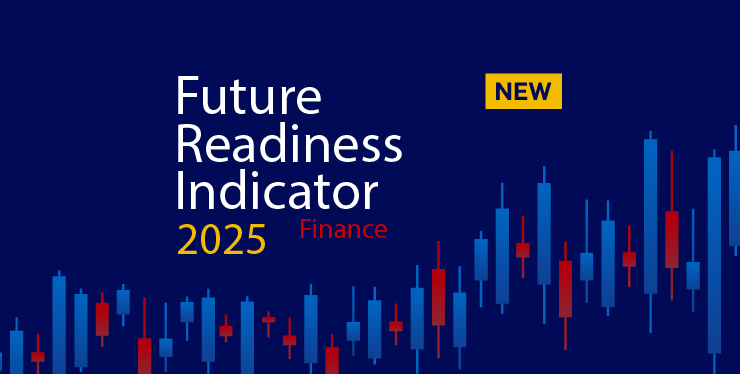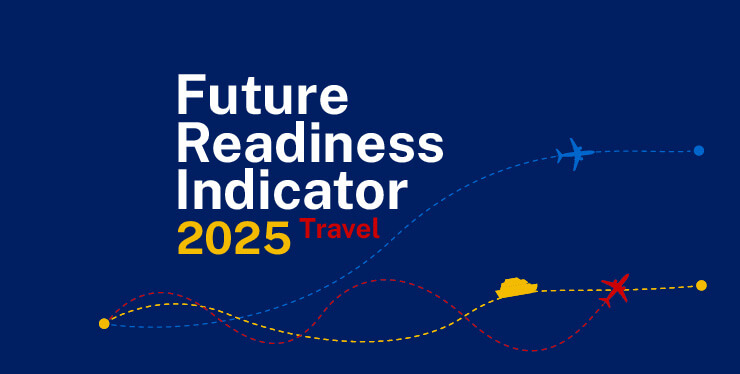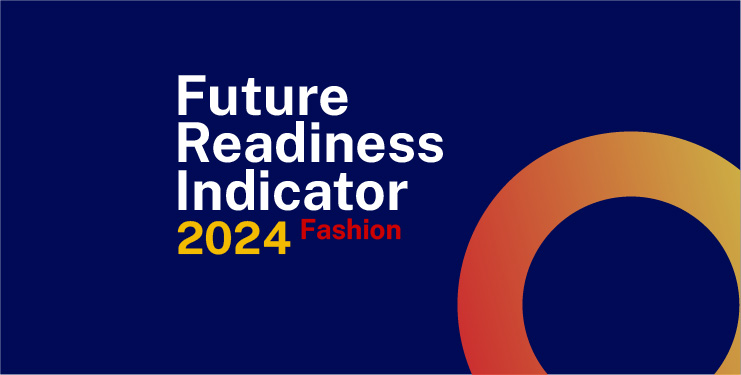IMD business school for management and leadership courses



Published on April 11th, 2023
Can We Ever Break The iPhone Monopoly?
Published on April 11th, 2023
An earlier version of this article was published by City A.M.
Apple has built a strong stable of services, all pushing towards iPhones and Mac computers. It is rock solid monopoly pushing prices up above what is reasonable.

Future-Ready Strategies for Tech Giants
For decades, Silicon Valley has represented success, demonstrating a financial output higher than most countries. However, recently, there has been no shortage of negative news emerging from California’s tech stronghold.
While the tech sector reeled at the collapse of Silicon Valley Bank, Meta is cutting its middle management, which CEO Mark Zuckerberg stated will speed up decision-making. Amazon also revealed it will maintain job cuts, with 9,000 roles predicted to be eliminated across its advertising, cloud, and livestreaming divisions.
But reducing staff can only accomplish so much. To overcome economic obstacles, every future-ready organization, including tech titan, is aiming to diversify its revenue stream.
Apples’ Strategy
Apple has diversified beyond solely concentrating on hardware, becoming a future-ready business. In 2022, Apple Services registered revenues of $79.4bn, encompassing Apple TV+, Apple Music, iCloud, and the App Store. To offer perspective, these services alone generated more income than Nike and McDonald’s combined. The majority likely came from the App Store, where Apple levies a 30% commission on developers for app and in-app purchase sales.
It may seem like a lot, but one could ask, “Doesn’t Apple have the right to charge whatever developers are willing to pay?”.

However, Apple monopolizes payment methods by integrating the App Store, payment solutions, identities, and content management into their iPhones. In reality, payment processing costs as little as 2.5% for standard credit card transactions, due to competition among Visa, Mastercard, and American Express, and their competition with cash, which has no transaction fee. Credit card companies also don’t control your shopping experience; you can dine at any restaurant without being directly steered by Visa and Mastercard. In contrast, app developers require a data pipeline with Apple servers through application programming interfaces and software development kits, all bundled into one package.
Developers can, theoretically, accept or reject the offer, but they must consent to the 30% cut to access iPhone users. The issue is that iPhones account for over half of all smartphones in the US and nearly half in the UK, so app developers cannot thrive without accepting Apple’s terms.
This monopoly occurs when a business bundles all its service components together, creating a strong barrier coupled with a large market share, allowing the company to implement rent-seeking policies. Apple can optimize profits without having to allocate significant resources to innovative new products or marketing strategies.
Promoting Competition: A Future-Ready Online Economy Through Regulation and Innovation
Without any countermeasures like competition or regulation, this behaviour negatively affects consumers, workers, and businesses. Prices become excessively high, with limited options and less diverse product offerings from the industry. However, Apple must now adapt its App Store operations due to the EU’s Digital Markets Act, which will mandate Apple to permit third-party app vendors. This will enable users to install apps from alternative app stores and provide options for other payment systems. This is a step in the right direction, but more is needed.
The future of our online economy should require what other industries have experienced. Consider banking as an example: in Europe, open banking gained considerable momentum due to regulations like the Revised Payment Services Directive.
These regulations obligate banks to grant third-party developers access to customer data through standardized APIs, fostering competition and innovation. The unbundled APIs allow consumers and businesses to utilize a wide array of financial services and products from different providers. This heightened competition has prompted traditional banks to innovate and deliver superior services to retain their clientele.
Despite open banking’s advantages, tech giants like Apple are unlikely to voluntarily adopt a similar model for their platforms, as it would diminish their profit margins and weaken their control.
To create a more equitable and competitive market, external forces are necessary to stimulate competition. Apple has been given a 2024 deadline to comply with the Digital Markets Act, potentially disrupting the App Store’s stronghold. Consumers and businesses may soon enjoy a newfound sense of freedom, thriving within a more dynamic landscape of choices.
